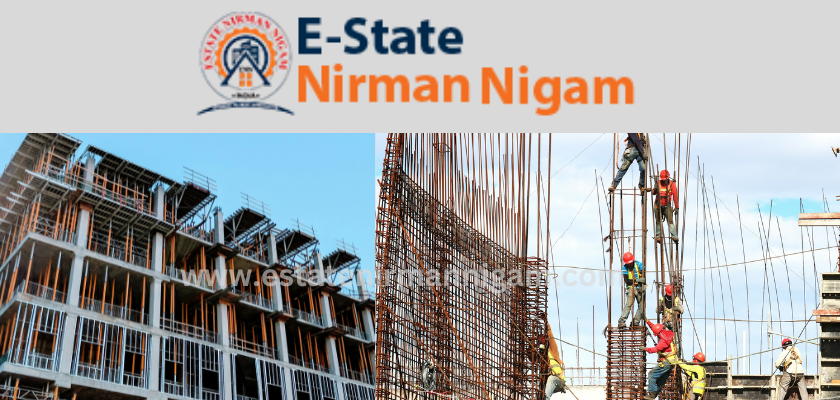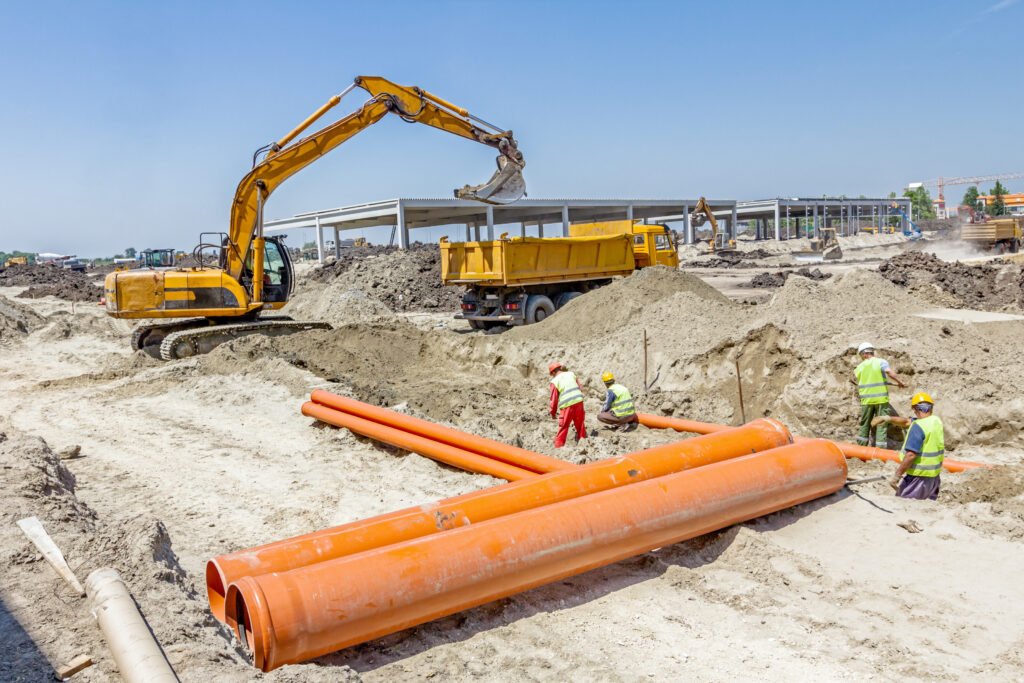E-state Nirman Nigam Soil Filling Centre of Jalana District
E-state Nirman Nigam A soil filling center, also known as a soil reclamation center or soil disposal center, is a facility designed to manage soil excavation, disposal, and recycling. These centers play a crucial role in environmental conservation, construction, and land development projects by providing a centralized location for handling soil materials E-state Nirman Nigam.

Soil Filling Centers Operation:-
Soil filling centers typically operate under strict regulations to ensure proper disposal and recycling practices are followed. They may offer a range of services, including soil testing, sorting, treatment, and disposal. The goal is to minimize the environmental impact of soil excavation activities while maximizing the reuse and recycling of soil materials.
One of the primary functions of a soil filling center is to accept and process soil excavated from construction sites, industrial facilities, and contaminated land areas. This soil may contain various contaminants, such as heavy metals, petroleum hydrocarbons, and other pollutants, which require proper treatment and disposal to prevent environmental harm.
Upon arrival at the soil filling center, soil materials are typically inspected and tested to determine their composition and level of contamination. This information helps facility operators determine the appropriate handling and treatment methods. Contaminated soil may undergo remediation processes such as soil washing, bioremediation, thermal treatment, or chemical stabilization to remove or neutralize pollutants.

Soil Materials Beneficial Construction Project:-
Once treated, soil materials may be recycled for beneficial reuse in construction projects, landscaping, or agriculture, depending on their quality and suitability. Clean soil that meets regulatory standards may be used as fill material for land reclamation, road construction, or landscaping projects, reducing the need for virgin soil extraction and minimizing waste generation.
In addition to soil management, some soil filling centers may offer related services such as waste disposal, recycling, and environmental consulting. These facilities may accept other construction-related materials such as concrete, asphalt, wood, and metal for recycling or disposal, further reducing the environmental impact of construction activities.

The design and operation of soil filling centers must comply with local, state, and federal regulations governing soil management, waste disposal, air quality, water pollution and land use. Permitting and regulatory compliance are essential aspects of establishing and operating a soil filling center to ensure environmental protection and public health.
E-state Nirman Nigam Environmental monitoring and reporting are critical components of soil filling center operations to track the quality of incoming and outgoing soil materials, monitor emissions and effluents, and ensure compliance with regulatory requirements. Regular monitoring and reporting help identify any potential environmental risks or issues and facilitate corrective actions as needed.

E-state Nirman Nigam soil filling centers play a vital role in managing soil excavation, disposal, and recycling in construction and land development projects. By providing a centralized facility for handling soil materials, these centers help minimize environmental impact, promote resource conservation, and support sustainable development practices. Effective operation of soil filling centers requires adherence to regulatory requirements, careful soil management practices, and ongoing enviroments

